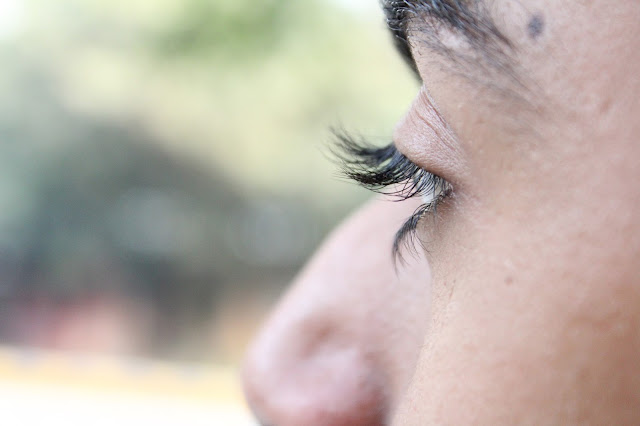Sleep disorders left untreated can cause more than just
daytime sluggishness. They can damage your physical health and lead to
diminished productivity, weight gain, accidents, impaired memory, and put a
strain on your relationships. It is simply meditation for sleep - an
effective, natural solution for anyone who wants a more natural approach to
achieve deep, rejuvenating sleep, and waking up feeling refreshed and recharged.
Meditation for sleep - a mind calming practice that focuses
on breathing and awareness of the present moment that can be a powerful solution
to insomnia and other sleep disorders. Mindfulness meditation involves focusing on your breathing
and then bringing your mind’s attention to the present without drifting into
concerns about the past or future. It helps you break the train of your
everyday thoughts to evoke the relaxation response, using whatever technique feels
right to you. If you want to stay healthy, perform to your
potential, and feel and look your best, consistent quality sleep is a
necessity.
While various
meditation practices can help with sleep disorders, guided sleep meditations is
an effective solution for restful sleep as it helps you gradually fall into a
sleep-state through soothing sleep-inducing music, vocal tracks, and visualizations.
1 - Practise meditation regularly twice a day for about 20 minutes. Seek the guidance of an experienced meditation instructor to determine
the practices that would suit you best. Sahaj
Samadhi Meditation or one of the guided meditations led by Sri Sri Ravi
Shankar.
2 - Practice alternate-nostril breathing with a 1:2 breath ratio and breath
observation meditation or Yoga Nidra before sleeping.
3 - If you wake up in the middle of the night, practice alternate-nostril
breathing with a 1:2 breath ratio.
4 - Meditation Enhances The Brainwaves of Sleep
5 - Meditation Brings Us To The Present (Instead of
Tomorrow’s Worries)
6 - Meditation Boosts Melatonin (The Sleep Chemical)













